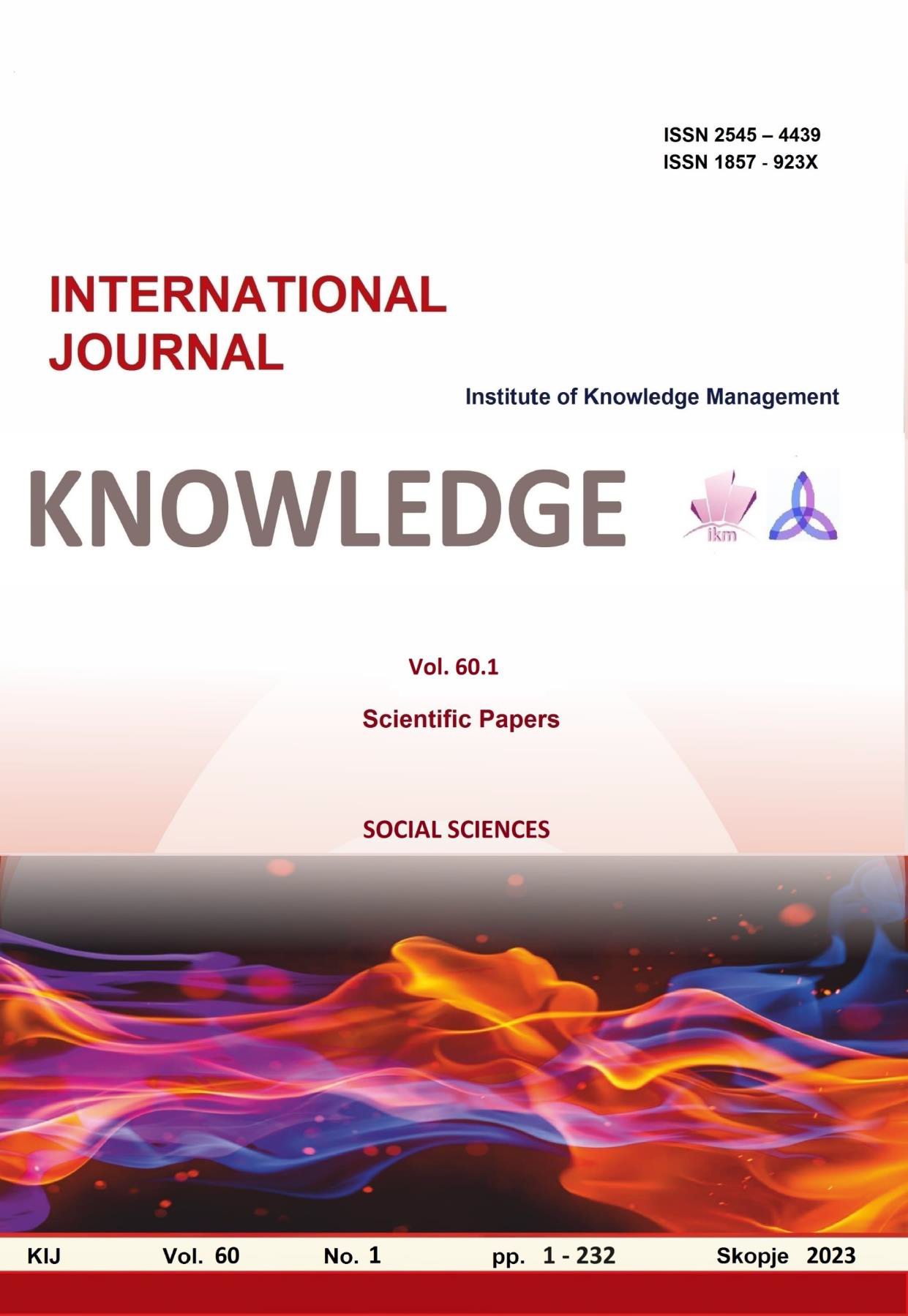EDUCATIONAL METAMORPHOSIS TO THE NEW SOCIAL CHANGE
EDUCATIONAL METAMORPHOSIS TO THE NEW SOCIAL CHANGE
Author(s): Kalin Kalinov, Anna KaradenchevaSubject(s): Social Sciences, Education, Higher Education , Sociology of Education
Published by: Scientific Institute of Management and Knowledge
Keywords: social change;higher education;educational transformation;collectivity;soft skills
Summary/Abstract: The dynamic transformation of the society places the state in conditions of exceptional challenges in relation to the sociological needs for the formation of the human as an effective social creature of the New Time. This leads to the necessity for the transformation of the educational system as the main method for the development of public awareness in relation to the needs of the state. Based on this finding, the research aims to propose an educational metamorphosis in the educational sector at university level in order to respond to some specific aspects of the dynamic needs of this innovative social change. Based on EU and US educational goals, as well as Japan's innovative social concept for the development of Society 5.0 as a way to achieve sustainable development goals, set by the United Nations, this research uses the content analysis methodology with starting point of the sequence "social factual trends resulting changes in the needs of the state educational models, corresponding to these needs". The characteristics and direction of the development of collective societies according to Hofstede's Culture Research Model are being considered, as well as the projection for economic development of the world leading countries regarding GDP by 2028, focusing on the thesis that the future belongs to collective societies. As a result, the research identifies some specific necessities of the innovative social change formation of collective, long term oriented public awareness at the individual level, availability of a common protocol for communication under the conditions of network connectivity and refinement of the individual skills in person oriented education. In order to meet these needs, the research proposes an alternative conceptual model for the development of a transformational policy in the Bachelor degree of the higher education sector. In this regard, it is crucial to provide freedom to the university to form the personality, considering the harmful consequences of hyper individualism as a by product of the information society and to direct the education of the younger generations to meet the current needs of the state. From this perspective, it is advisable to pay special attention to the educational systems and methods in the collective societies that are emerging as leading nations in the world economy.
Journal: Knowledge - International Journal
- Issue Year: 60/2023
- Issue No: 1
- Page Range: 161-165
- Page Count: 5
- Language: English

